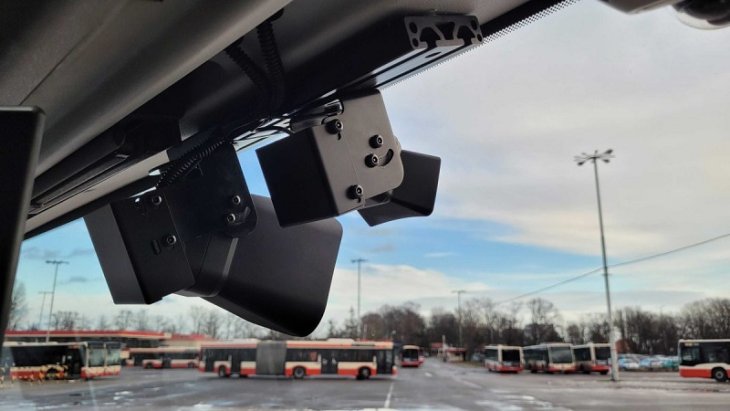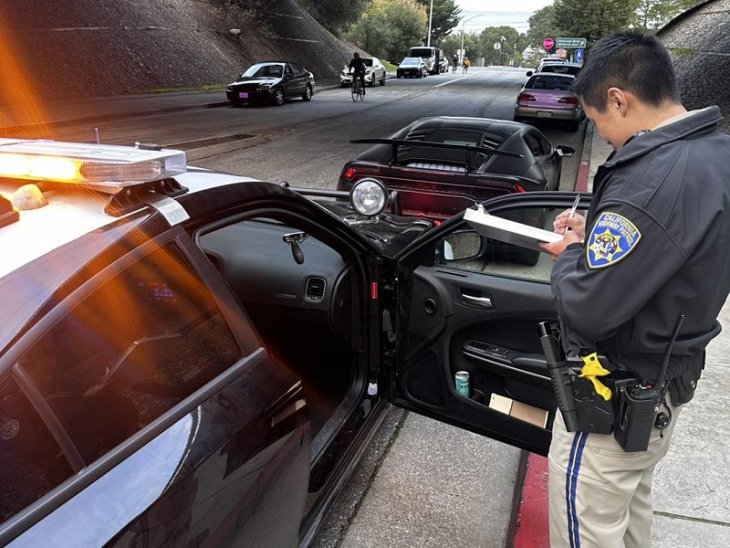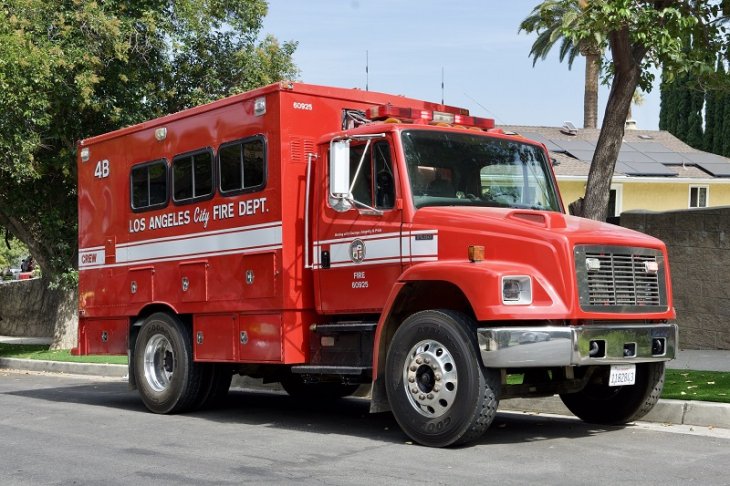Drug-impaired driving is a rising problem statewide and nationally, and a proposal to legalize recreational marijuana in California could make it worse, the Automobile Club of Southern California warned today.
According to the Auto Club, nearly 20 percent of fatal collisions in California involve at least one driver who tested positive for drugs.
“The problem extends beyond recreational marijuana and illegal drug usage — many prescription drugs can impair skills that are critical to driving,” said Kathy Sieck, senior vice president of public affairs for the Auto Club.
The Auto Club is on record opposing Proposition 64, which would legalize recreational marijuana use in the state for people age 21 and older. Sieck said approval of the measure could contribute to an already growing problem of drug-impaired motorists.
“Prop. 64 is a gamble on the public’s safety, which isn’t a risk worth taking, especially when drug-impaired driving is on the rise,” she said.
Sieck’s comments came as the Auto Club convenes a “Drugged Driving” summit at the Petersen Automotive Museum, themed “Is California Prepared for What’s Next?” The gathering will include drugged-driving and public-policy experts discussing their findings on the effects of marijuana and other drugs on traffic safety.
Proponents of the measure insist the proposal includes a requirement for an extensive public-health information campaign that will include information about the dangers of driving while impaired by marijuana, “and the potential harms of using marijuana,” according to Californians for Responsible Marijuana Reform.
The group also contends the measure will provide $3 million a year to the California Highway Patrol to develop updated DUI protocols for determining when a driver is marijuana-impaired. It would also impose restrictions on acquisition of marijuana, including “strict safeguards against children accessing it.”
Jake Nelson, director of AAA Traffic Safety, Advocacy and Research, noted that its research found that after Washington legalized recreational marijuana, fatal crashes involving drivers who had recently used marijuana more than doubled.
“More studies are needed, and it is worrisome that five states this year, including California, are considering a far-reaching policy change that could have unintended consequences for traffic safety, the emergency medical system, law enforcement and the courts,” he said.






















